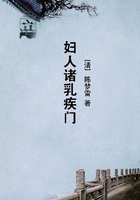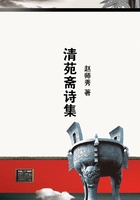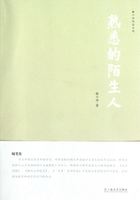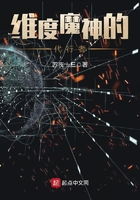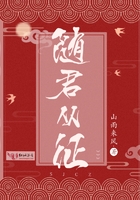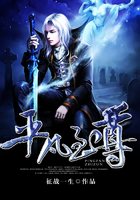He had big, gray eyes, wide open, as if in astonishment; a long beard with a touch of gray in it; and when he spoke, at the end of every sentence he gave a shy laugh.
When he addressed my father, he always said "Lef Nikolayevitch" instead of Lyoff Nikolaievich, like other people.
He always stayed down-stairs in my father's study, and spent his whole day there reading or writing, with a thick cigarette, which he rolled himself, in his mouth.
Strakhof and my father came together originally on a purely business footing. When the first part of my father's "Alphabet and Reading-Book" was printed, Strakhof had charge of the proof-reading. This led to a correspondence between him and my father, of a business character at first, later developing into a philosophical and friendly one. While he was writing "Anna Karenina," my father set great store by his opinion and valued his critical instinct very highly.
"It is enough for me that that is your opinion," he writes in a letter of 1872, probably apropos of the "Alphabet."
In 1876, apropos of "Anna Karenina" this time, my father wrote:
"You ask me whether you have understood my novel aright, and what I think of your opinion. Of course you understood it aright.
Of course I am overjoyed at your understanding of it; but it does not follow that everybody will understand it as you do."
But it was not only his critical work that drew my father to Strakhof. He disliked critics on the whole and used to say that the only people who took to criticism were those who had no creative faculty of their own. "The stupid ones judge the clever ones," he said of professional critics. What he valued most in Strakhof was the profound and penetrating thinker. He was a "real friend" of my father's,--my father himself so described him,--and I recall his memory with deep affection and respect.
At last I have come to the memory of the man who was nearer in spirit to my father than any other human being, namely, Nikolai Nikolayevitch Gay. Grandfather Gay, as we called him, made my father's acquaintance in 1882. While living on his farm in the Province of Tchernigoff, he chanced to read my father's pamphlet "On the Census," and finding a solution in it of the very questions which were troubling him at the time, without delay he started out and hurried into Moscow. I remember his first arrival, and I have always retained the impression that from the first words they exchanged he and my father understood each other, and found themselves speaking the same language.
Just like my father, Gay was at this time passing through a great spiritual crisis; and traveling almost the same road as my father in his search after truth, he had arrived at the study of the Gospel and a new understanding of it. My sister Tatyana wrote:
For the personality of Christ he entertained a passionate and tender affection, as if for a near and familiar friend whom he loved with all the strength of his soul. Often during heated arguments Nikolai Nikolayevitch would take the Gospel, which he always carried about with him, from his pocket, and read out some passage from it appropriate to the subject in hand. "This book contains everything that a man needs," he used to say on these occasions.
While reading the Gospel, he often looked up at the person he was talking to and went on reading without looking at the book.
His face glowed at such moments with such inward joy that one could see how near and dear the words he was reading were to his heart.
He knew the whole Gospel almost by heart, but he said that every time he read it he enjoyed a new and genuine spiritual delight. He said that not only was everything intelligible to him in the Gospel, but that when he read it he seemed to be reading in his own soul, and felt himself capable of rising higher and higher toward God and merging himself in Him.

